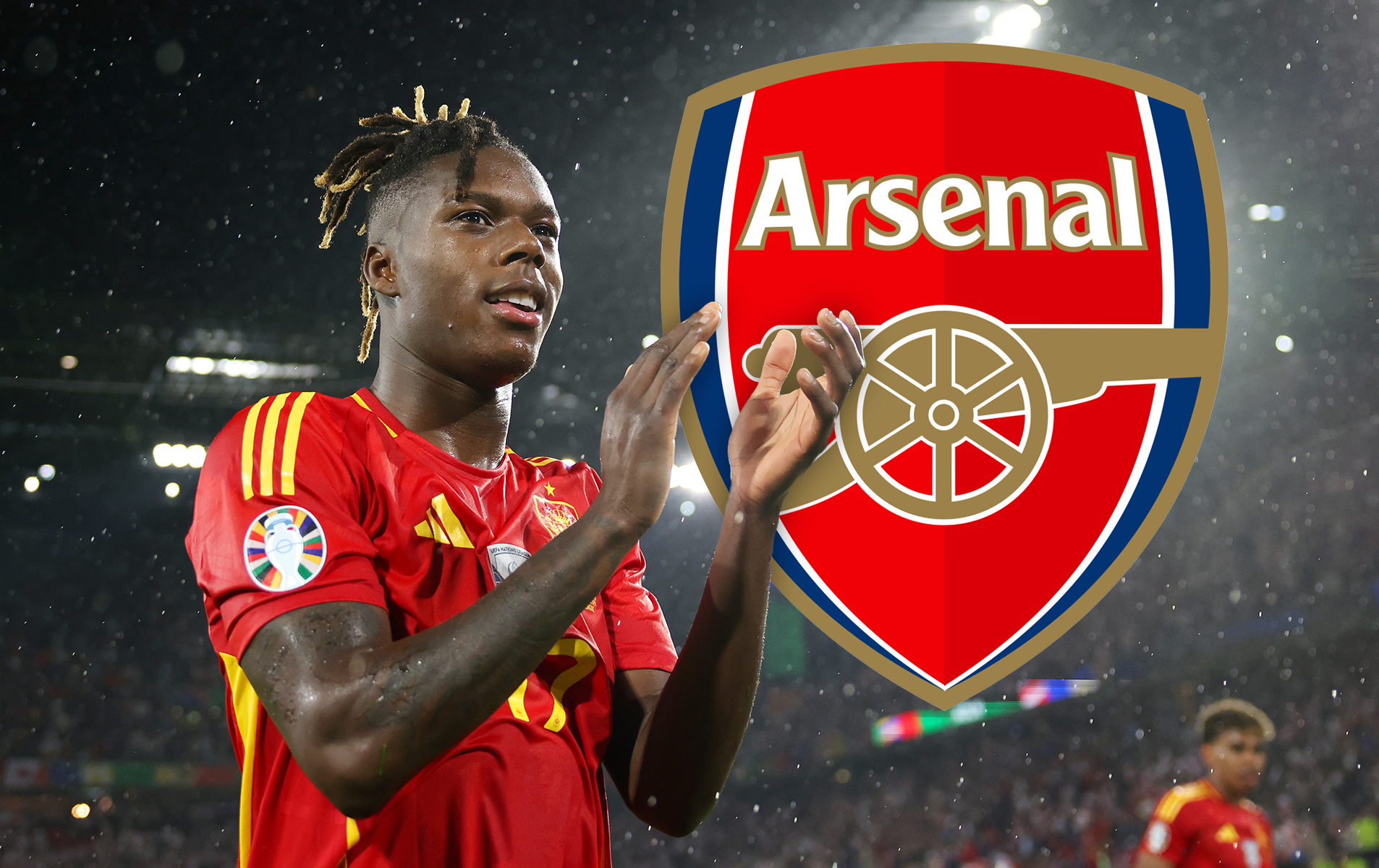What's the point of Arsenal?
What do the club, and their manager, want to be? Jon Spurling says they must make up their minds quickly to avoid being left by the wayside for good in years to come...
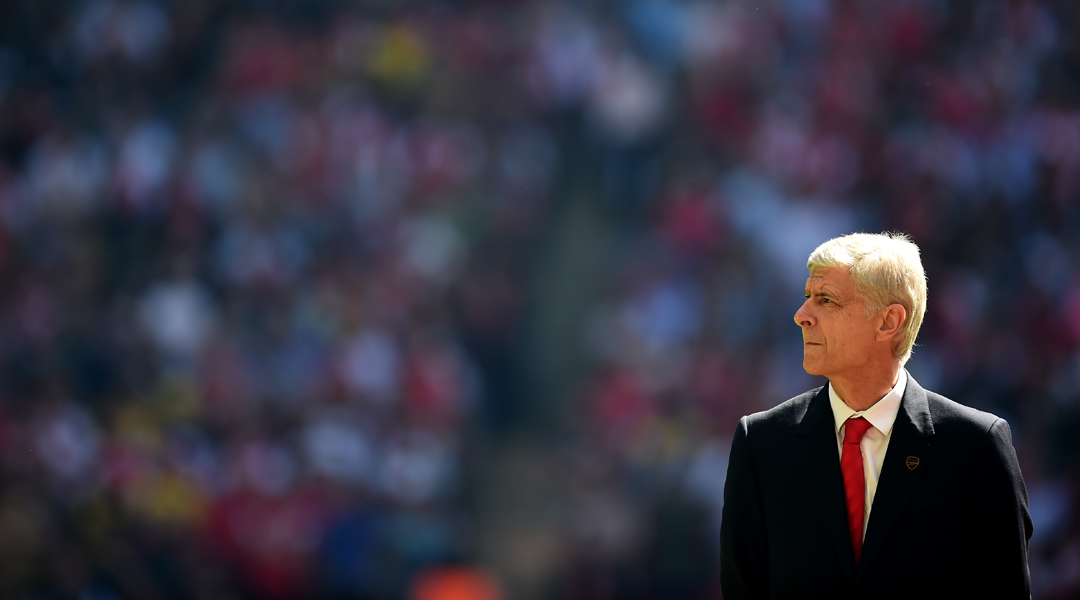
The problem at the moment is finding the players that guarantee you are a better team afterwards
In 2013, the fog of uncertainty surrounding Arsenal finally appeared to lift. The Gunners' chief executive Ivan Gazidis promised supporters that with improved sponsorship deals and increased revenue streams, the club could now afford to sign stellar talent again.
Following the financial upheaval surrounding the club’s move from Highbury to the Emirates Stadium in 2006, they could finally start kicking some backside once more after eight barren years, and give Chelsea and the Manchester clubs a run for their money. And they didn’t need a rich foreign sugar daddy, or an astronomical overdraft to do it, either.
Arsenal were on an upward trajectory once more. In came Mesut Ozil for a £42 million record fee. Last summer, Chilean star Alexis Sanchez was signed for £35m. Arsenal didn’t need to sell players anymore. The steady drain of talent to rival teams, which had scuppered the club since 2005, was stemmed. They didn't come close in the Premier League or Champions League but won the FA Cup two seasons running in 2014 and 2015. It was a start. Arsene Wenger actually started smiling on a regular basis, just like he used to.

Spend to succeed
In July, Arsenal director Lord Harris claimed that Wenger could sign “almost any player in the world”. The Gunners had around £200m in the bank, ready for the Frenchman to shell out on the much-vaunted midfield dynamo that Arsenal have so distressingly craved since the departure of Patrick Vieira in 2005, and the striker who could plunder those extra goals to propel the team towards the Premier League title.
With the press linking the Gunners to Morgan Schneiderlin, William Carvalho, Edinson Cavani, Marco Reus and Karim Benzema, this would be the summer Arsenal boomed out a statement of intent.
But the spending spree never happened, and the cash reserves (Petr Cech’s signing aside) have remained intact. "When you have to invest you have to find the players to invest in," retorted boss Wenger. "The problem at the moment is finding the players that guarantee you are a better team afterwards."
Get FourFourTwo Newsletter
The best features, fun and footballing quizzes, straight to your inbox every week.
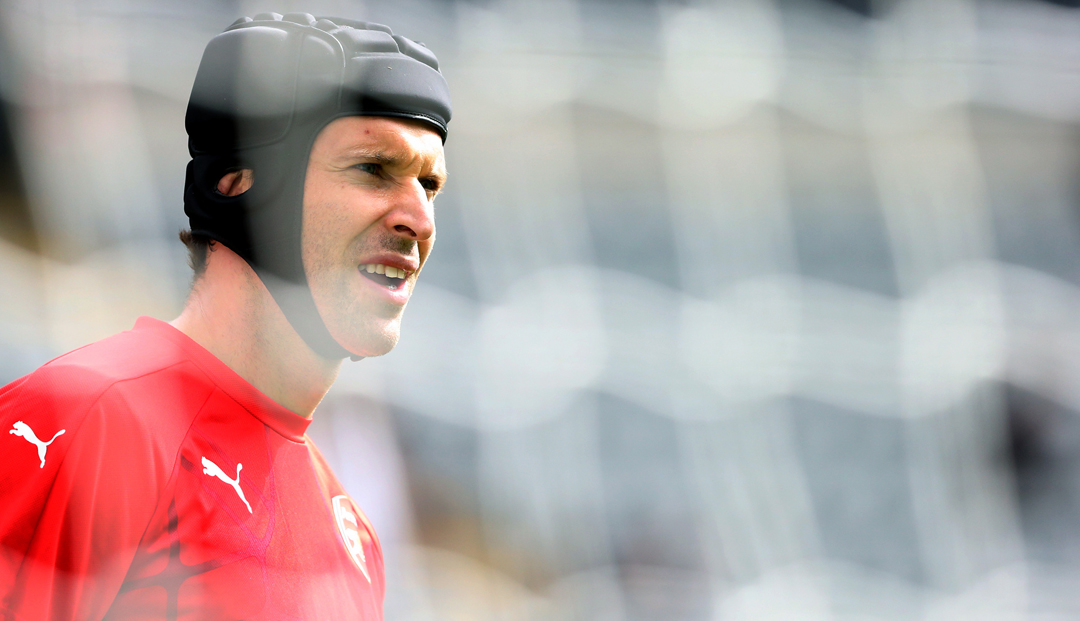
But that statement is baffling. With an excellent scouting network in place, and astute deal-maker Dick Law in the background, the manager, or the board, decided against bringing in a single outfield player. The lack of a new striker could haunt the club this season, especially given the news that Danny Welbeck will be out for several months (which the club were apparently aware of before the transfer window closed).
Playing catch-up
Grandiose statements of intent fly out of the club about money, the quality of the current squad, and how the Premier League is still a realistic target
There’s been much conjecture about the reasons behind the lack of incoming talent. Apparently Arsenal never made an official bid for Benzema. They wanted to pay for Cavani in installments. Wenger never rated Schneiderlin after all. But the home truth delivered to supporters over the summer is that the club is suffering from an identity crisis. What do the club, and their manager, want to be? Where are they headed? Grandiose statements of intent fly out of the club about money, the quality of the current squad, and how the Premier League is still a realistic target this campaign.
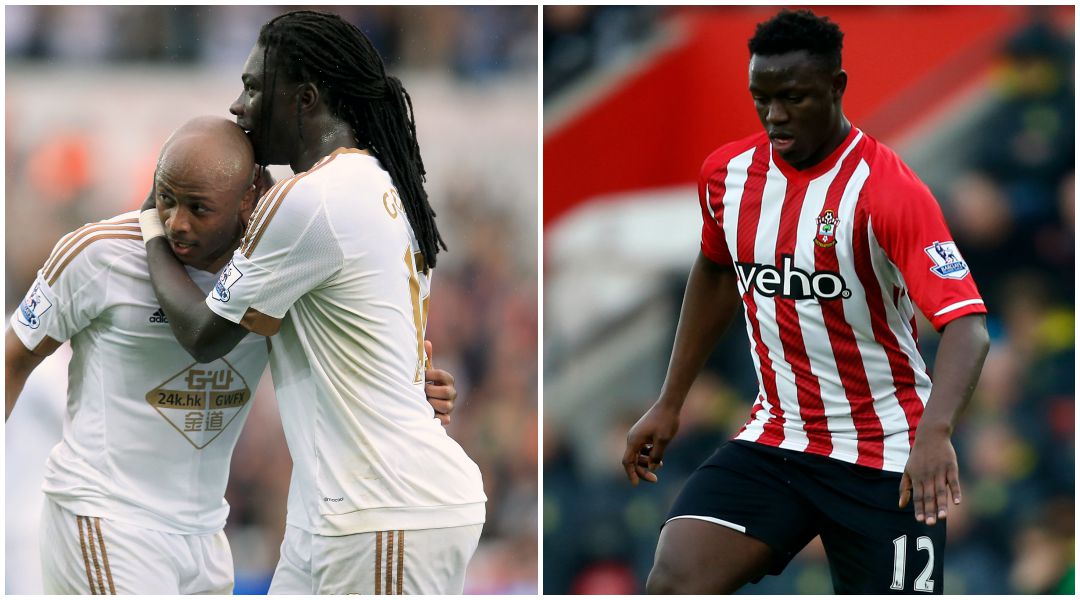
But actually how 'big' a club are Arsenal anymore? Given their financial reserves and fanbase, they’re clearly considerably larger than the emerging ‘middle class’ of English football; clubs like Swansea, Southampton and Crystal Palace, whose scouting networks and newfound wealth via the mega television deal has enabled them to pluck promising players from European leagues, in much the same manner Arsenal used to in Wenger’s early days at the club. They’re still in a stronger position than local rivals Tottenham and historical ones Liverpool, as long as they continue to secure Champions League football.
But they don't have the killer instinct or, it seems, the hardball mentality that Chelsea and Man City possess when it comes to closing transfers. Wenger recently admitted that, given the relaxation of Financial Fair Play rules, his club aren’t in a position to compete with those two over the signature of stellar talent. Yet the signings of Sanchez and Ozil prove that Arsenal can spend big, and their accounts prove there’s cash.
This summer, the club appeared once more to prevaricate and then cautiously retreat into their bunker. It’s a habit which has blighted several potential transfer deals in recent seasons.
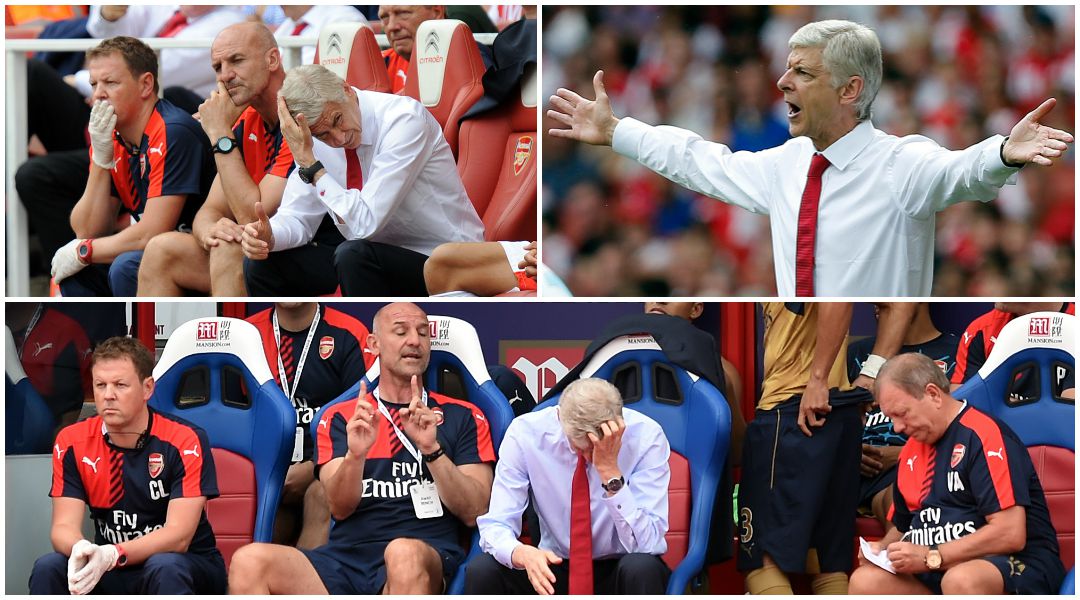
Risky business
Simply, the north Londoners appear averse to taking a risk. Wenger seems to have lost his nerve... or his judgement
Arsenal seem unsure of which type of player to pursue. They appear fearful of formally bidding for a Benzema or a Cavani, perhaps because they think that even if they agree a transfer fee, one of Europe's heavyweights will simply hurl another £50,000 per week at the player and snatch them away.
They also appear reluctant to pursue the kind of ‘bronze plated’ player – the £6-10 million-type attacker.
Perhaps it's because they've had their fingers burned by the likes of Gervinho and Sebastien Squillaci in recent years. But Wenger used to be the master at identifying this kind of player and turning them into golden stars. Simply, the North Londoners appear averse to taking a risk. Wenger seems to have lost his nerve... or his judgement. Now, clubs like Crystal Palace think nothing of swooping for Yohan Cabaye. Others are copying what the Gunners once did, acting decisively with scouts everywhere.
Wenger questioned Manchester United’s deadline day signing of Anthony Martial, but sometimes you have to take a gamble, just as Wenger once did with Robin van Persie. In the transfer market, Arsenal appear jittery and unsure of themselves. They radiate indecision, and embody it too.
Remember who you are
Being Arsenal is about competing for the biggest trophies. They're the Arsenal. Not necessarily always winning them, but being in with a realistic shout
Wenger also sends out contradictory messages. He's stated several times that he firmly believes his team are now realistic title contenders, yet given his past experiences at the club, he must know that the current generation are some way short of that. Since 2005, Arsenal have sacrificed power for pace. Wenger's successful teams had the might of Vieira-Petit and Vieira-Gilberto as their axes. Up front, he had a galaxy of attacking options: Bergkamp, Henry, Wiltord, Kanu, Pires, Ljungberg. The current squad has neither the depth nor the richness of talent to challenge for the title, which are never won without a potent blend of skill, strength and guile, and a coterie of forwards.
The Frenchman has often expressed his desire to win the Champions League, but by his refusal to add to his outfield talent pool, that won't happen. Where are these players? Well, they’re the ones who beat Arsenal in Europe. There is a feeling that, from Stan Kroenke's standpoint, as long as Wenger delivers Champions League football and there's cash in the bank, he's content. But being Arsenal is about competing for the biggest trophies. They're the Arsenal. Not necessarily always winning them, but being in with a shout.
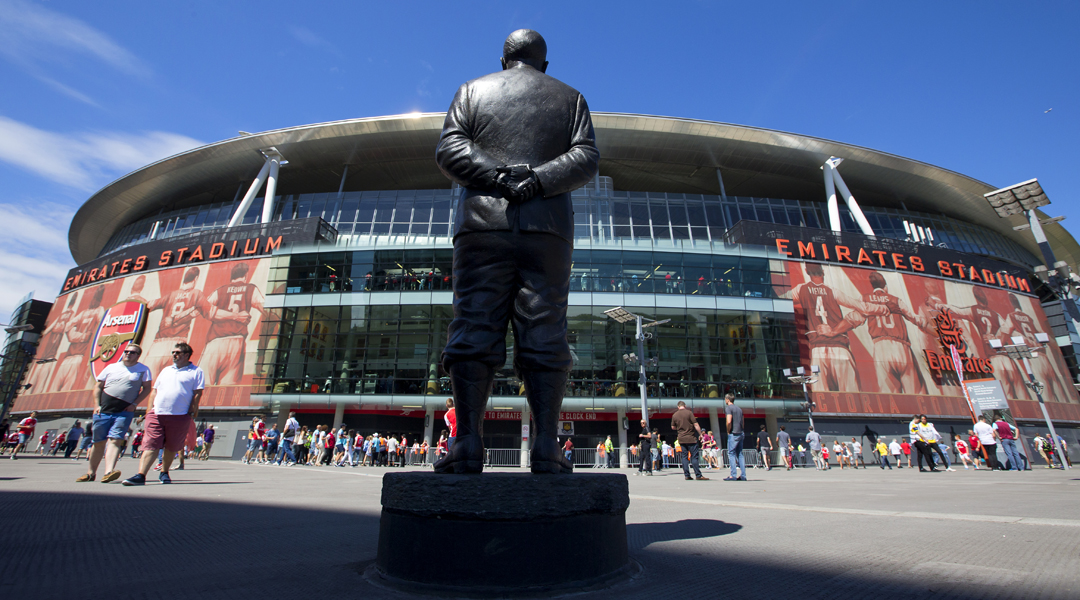
Traditionally a conservative club, the Gunners are also prone to speculative self-improvement. The moves to Highbury and the Emirates, the signing of Bergkamp and Wenger’s appointment are testimony to that. The club's current custodians now need to either change their outlook, or hand the baton on to someone who will. They need to grab the metaphorical bull by the horns. Take a punt. Speculate to accumulate.
Arsenal need to go for it. They need to identify the right player, and do it quicker. They don't always need to pay astronomical sums for the right players. But sometimes they'll have to. That's part and parcel of the modern game. If things remain as they are, Arsenal fans – and prospective players – will continue to receive mixed messages. As Martin Keown commented on Radio 5 live, this summer was "an opportunity missed". The Gunners' future is unclear. Arsenal stand at the crossroads, left behind once more.
Jon Spurling is a history and politics teacher in his day job, but has written articles and interviewed footballers for numerous publications at home and abroad over the last 25 years. He is a long-time contributor to FourFourTwo and has authored seven books, including the best-selling Highbury: The Story of Arsenal in N5, and Get It On: How The '70s Rocked Football was published in March 2022.

